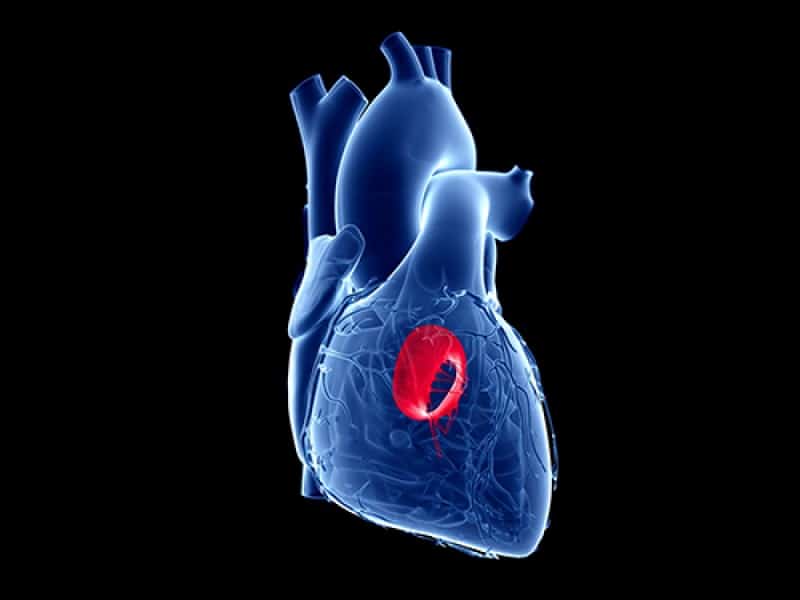Heart Valve Disease

Heart valve disease is when one or more of the valves that regulate blood flow through the heart do not function properly. When the valves do not open and close correctly, the heart must work harder to pump blood, which can lead to ventricular tachycardia.
The most common type of heart valve disease is called valvular heart disease. Valvular heart disease can damage any of the four valves in the heart, but the commonly affected valves are the mitral and tricuspid valves. These two valves are located between the upper and lower chambers of the heart. Their job is to ensure that blood flows in only one direction through the heart.
If one or more of these valves does not function properly, it can cause valve regurgitation. This is when blood leaks back into the heart chamber instead of flowing forward through the body. Valve regurgitation makes it harder for the heart to pump blood, which can eventually lead to ventricular tachycardia.
In some cases, valvular heart disease can also cause valve stenosis, characterized by the narrowing and blocking the valves. If left untreated, valve stenosis can also lead to ventricular tachycardia.










